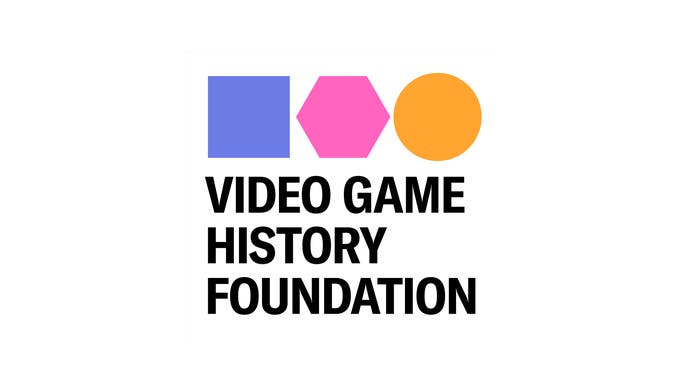Video Game History Foundation estimates 87 percent of "classic" games now unavailable
"We should have a thriving ecosystem of preservation."
A new study conducted by the Video Game History Foundation and the Software Preservation Network has revealed that 87 percent of classic games released in the US are out of print.
The remaining 13 percent can be easily accessed - whether that's through a re-release on modern platforms or through an officially provided emulation service, but the majority of older games remain unavailable through easy means.
The study was produced in order to substantiate the amount of video game history in danger of being lost, the Video Game History Foundation said, and provide evidence on why libraries and archives should be allowed to preserve games in a similar way to other media forms such as books and films.
The study included over 4000 games released before 2010, the Video Game History Foundation said, including every Game Boy title released in the US. The foundation explained its methodology in full detail in a blog post alongside the results. By comparison, around 14 percent of American silent films from 1912-1929 still survive today, compared to 13 percent of games from the 80s up to 2010.
The closure of the 3DS and Wii U eShops in March removed more than half of the Game Boy titles still in print at the time, leaving only 5.87 percent available today, according to the study.
As digital distribution continues to dominate sales of and access to games, the Video Game History Foundation warned the preservation of games is in danger of getting worse due to the "volatile" nature of digital stores and services. A recent but small scale example of this is Google Stadia. When the platform went offline at the beginning of the year, three exclusives were completely lost.
"We should be thinking ahead to the infrastructure needed to address the problems of the present and the future," the Video Game History Foundation wrote on Twitter. "Access to video game history shouldn't have to be reserved for only the most dedicated and in-the-know fans," it added, acknowledging piracy's current position as one of the most common ways of accessing classic games.
On Twitter, Video Game History Foundation co-directors Kelsey Lewin and Frank Cifaldi called on the industry and legislation to make reforms which will allow for better preservation of games, echoing the statements made by the foundation itself.
The full paper is available to read online at Zenodo.


